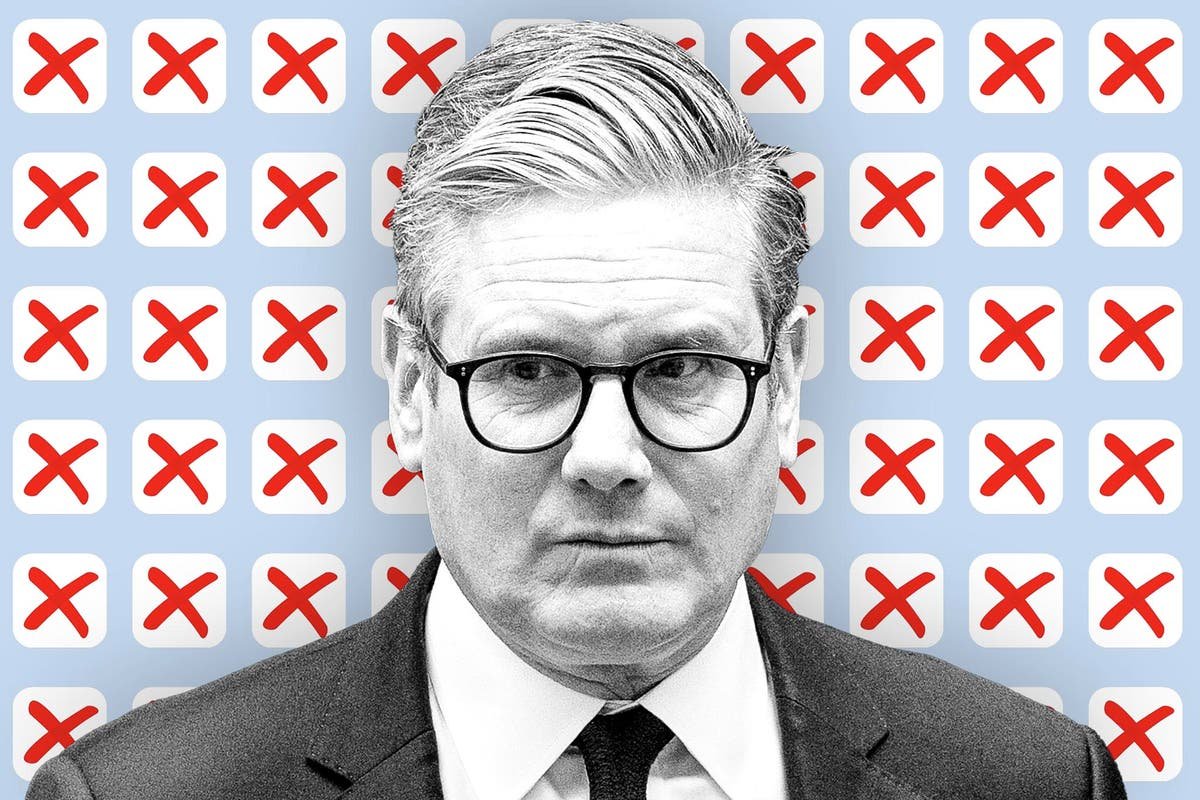
It’s now been two months since Labour won their landslide victory at the 2024 general election, bringing to an end 14 years of Conservative rule.
Running on a central message of change, Sir Keir has looked to set his party apart from the previous Conservative administration. Standing on the steps of Downing Street on 5 July, the new prime minister said people had voted “for national renewal” and “a return of politics to public service.”
“You have given us a clear mandate,” he added, “and we will use it to deliver change, to restore service and respect to politics, end the era of noisy performance, tread more lightly on your lives, and unite our country.”
As the new Labour government begins to roll out some of it’s promised reforms, the new leader now warns that things may get worse before they get better. Sir Keir has made no secret of the challenges to come during his sixty days in power, as his first two months have seens controversial policy decisions, political disagreements, and civil disorder.
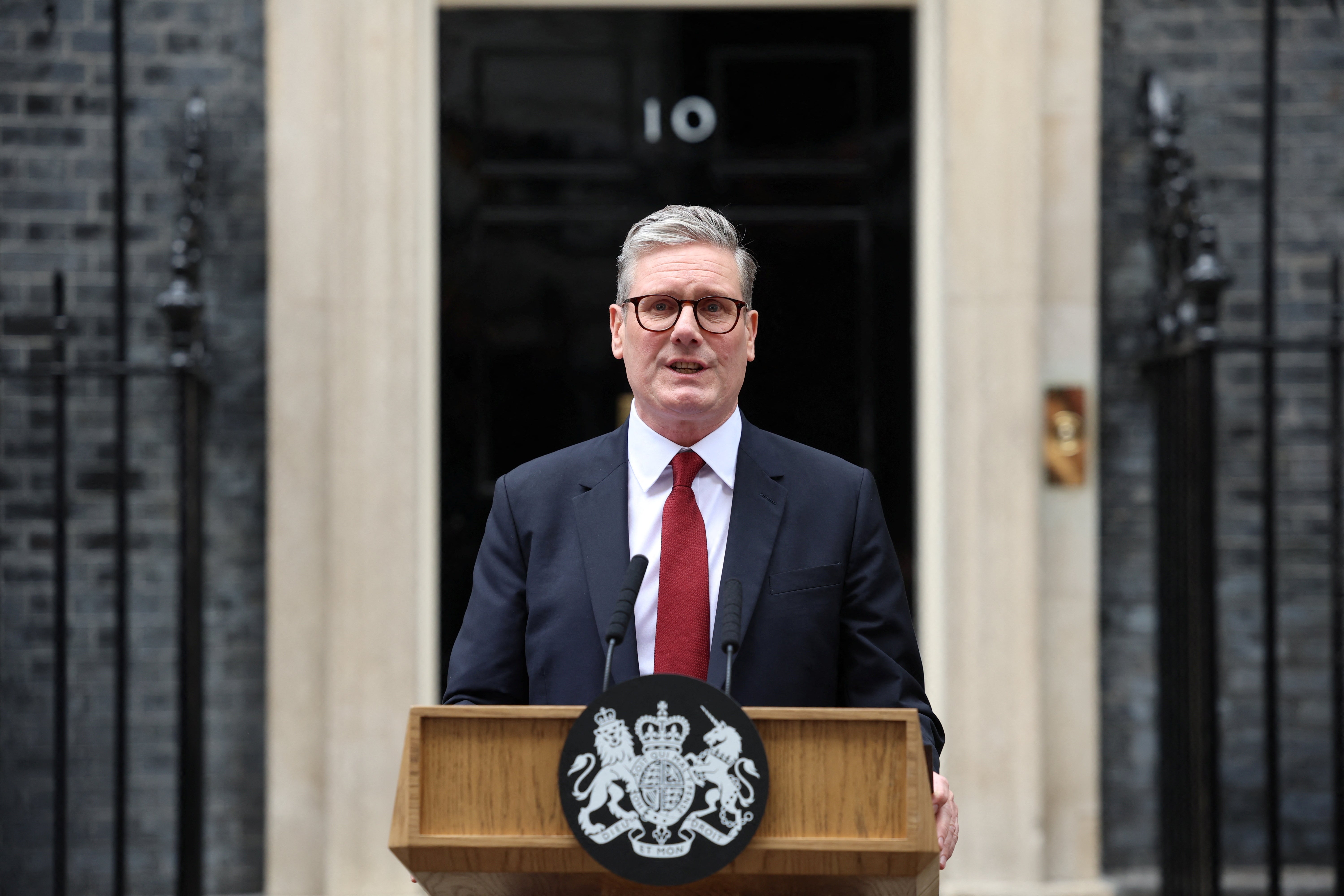
Here’s a look back at the past 60 days of Sir Keir’s leadership as we head into autumn:
Labour’s ‘black hole’
It was just 20 days after Sir Keir took to the steps of Downing Street that Rachel Reeves revealed a £20bn “black hole” in public finances, which Labour describe as a “shocking inheritance” from the previous government. The statement has shaded the party’s rhetoric since, with many decisions being traced back to this central problem.
“If we cannot afford it, we cannot do it,” the chancellor repeated as she announced a range of cost-cutting measures during her speech. Amongst them was the controversial move to means test Winter Fuel Payments for pensioners, marking the first change to the cold weather benefit since it was introduced by Tony Blair in 1997.
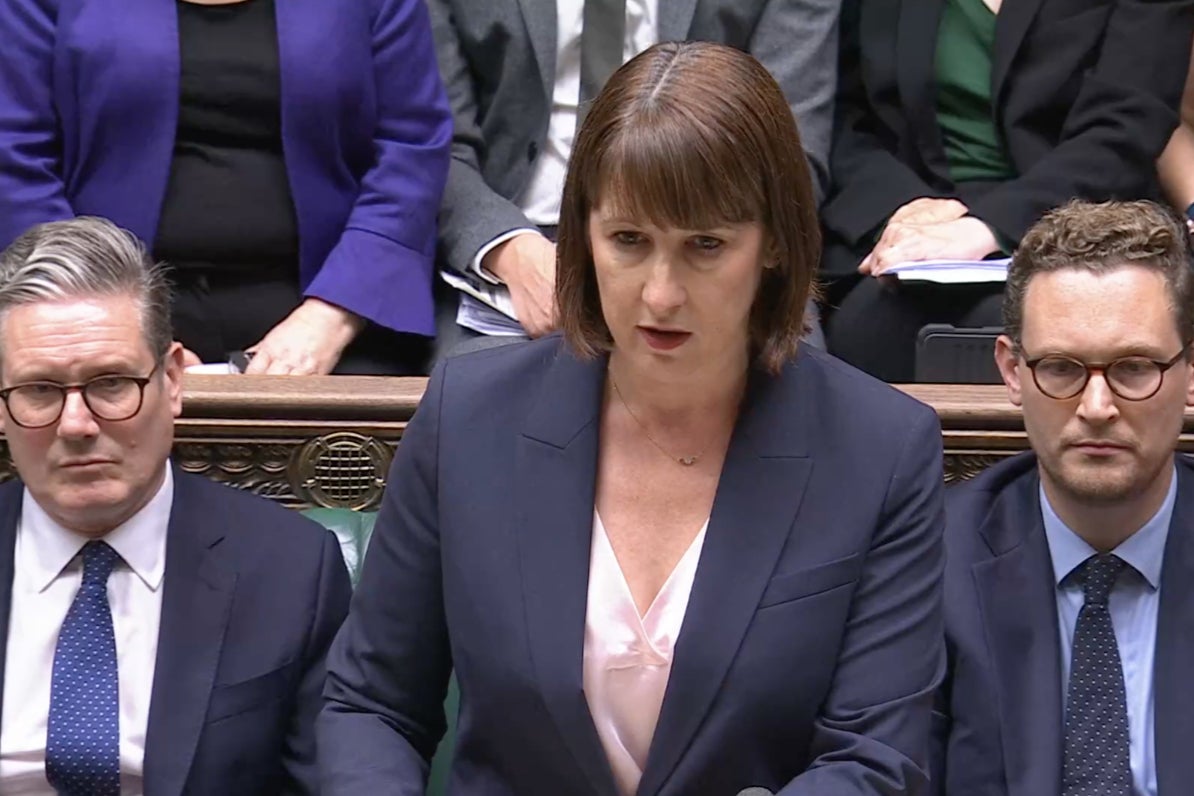
The move has proved divisive. While many have long-argued that fuel payment should be means-tested so that it only goes to older people who need it, campaigners say Labour’s cut-off point for eligibility is too sharp. Charity Age UK says around 2 million vulnerable pensioners will miss out on the benefit due to the changes.
Criticism has also come against Labour’s refusal not to scrap the two-child benefit cap which prevents parents from claiming universal credit or tax credit for more than two children. The measure was introduced by previous chancellor George Osbourne in 2017, and has long been criticised by Labour MPs.
The disagreement formed the backdrop to Sir Keir’s first in-house fallout, as he suspended seven Labour MPs for supporting an amendment to the King’s Speech in favour of scrapping the two-child benefit cap. This included veteran MP John McDonnell, as well as Coventry South’s Zarah Sultana.
Far-right riots
The prime minister faced with his first major challenge still less than a month after his election success when far-right rioting broke out across the country following the tragic killing of three young girls in Southport on July 29.
The scenes of civil disorder that broke out in Southport the next day were understood to be provoked by misinformation about the identity of the suspect. The following weekend, violence erupted in towns and cities all over the country as police clashed with rioters spreading anti-immigrant and Islamophobic messages.
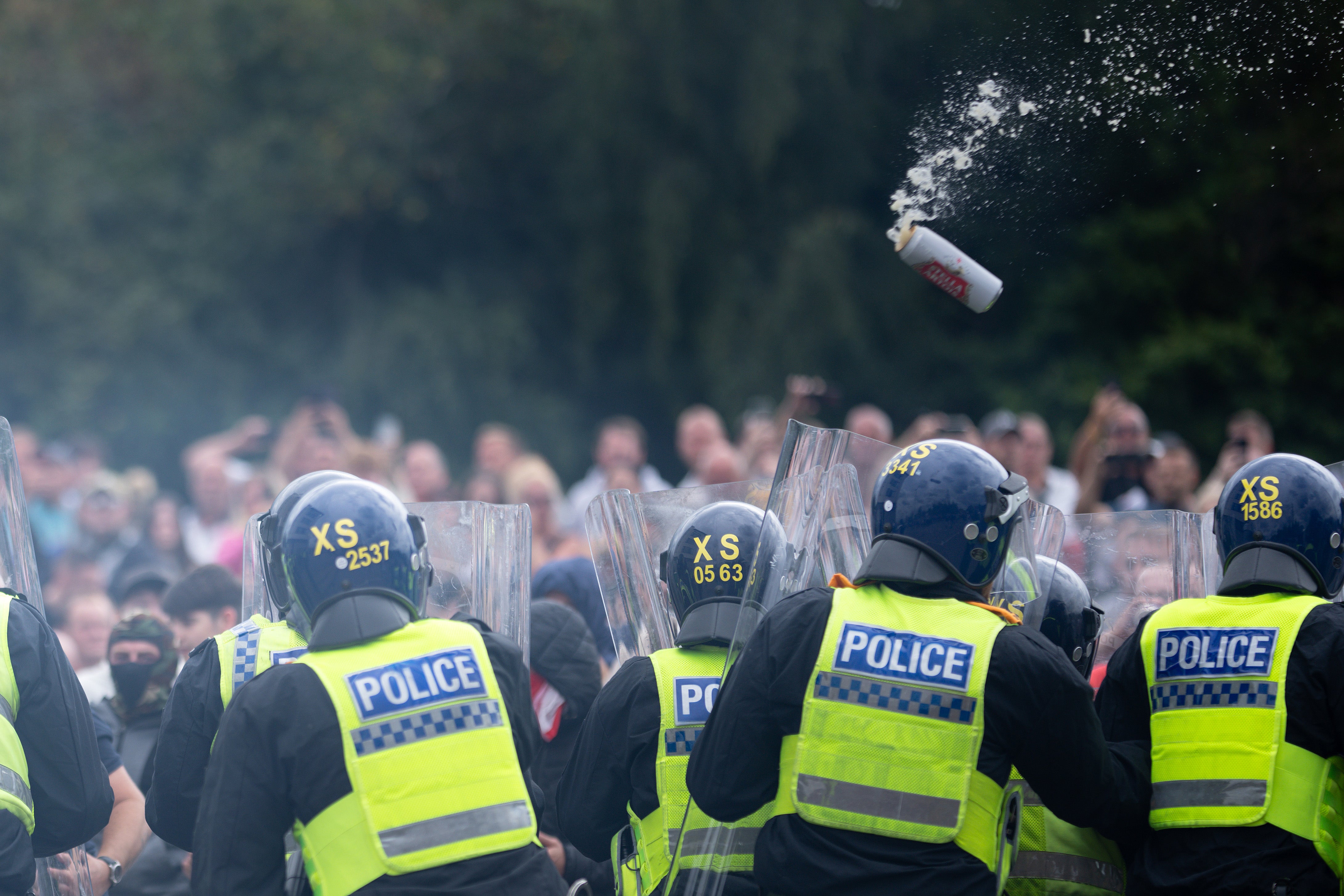
This was the end of the unrest, as planned violence for Wednesday largely did not materialise with anti-racist counter demonstrations forming in their place. Work was already underway to combat further disorder, as hundreds had already been arrested and many sentenced following the weekend.
Responding to the violence, Sir Keir condemned the behaviour of “far-right thugs,” vowing to deliver swift justice to those involved. Just over a month on, over 1000 people had been arrested following the violence over the weekend and 600 charged in a massive operation conducted by the police and courts.
Some bold changes to come
Amid the challenges it has faced, Labour has also begun the work of enacting bold reforms that it promised ahead of the general election. This includes the planning reforms spearheaded by deputy prime minister Angela Rayner which looks to deliver on the party’s promise promise of 1.5m new homes by 2029.
The party has taken steps towards its pledges on workers’ rights, which were promised to see concrete legislation within their first 100 days. Post-election, there has been talk of including a new “right to switch off” policy, which would allow employees to ignore bosses’ calls outside of work, as well as the right to request hours be compressed to four days.
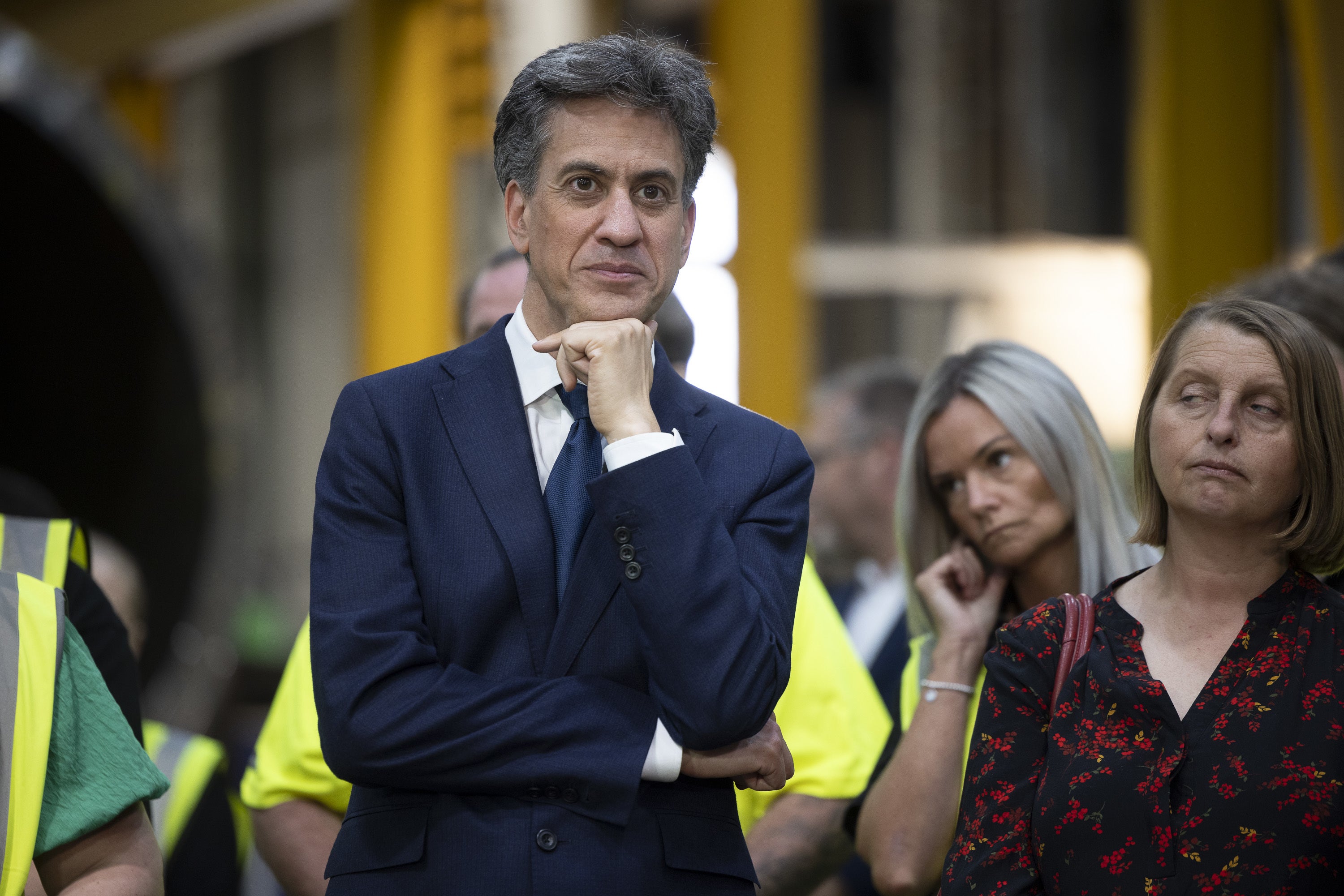
Transport secretary Louise Haigh has also reaffirmed Labour’s commitment to renationalise the railways, saying the party will wait for existing contracts to expire or be broken. Meanwhile, energy secretary Ed Miliband says the publicly-owned ‘GB Energy’ is being “established at pace,” with more news to come over the next few months.
Taking the punch out of these bold reforms is the admission by Ms Reeves that departments will need to find spending cuts across the board as she looks to plug the public spending shortfall. It’s likely this will mean cancellations or pushbacks on some projects as Labour prioritises its central goal of economic growth.
‘Painful’ budget on the horizon
Hitting back at criticism to their cost-cutting measures, the new government continues to blame the Conservative government for concealing the true scale of the country’s public spending shortfall. The Treasury audit unveiled by Ms Reeves gives some credence to this claim, with director of the Institute for Fiscal Studies, Paul Johnson saying the deficit does “genuinely appear to be greater than could be discerned from the outside.”
However, many experts warn the extent to which Labour was hoodwinked has been overstated by the party. The IFS’s Mr Johnson later said that the underfunding problem was “obvious” and that Labour “knew the broad outline of these challenges” before their election.
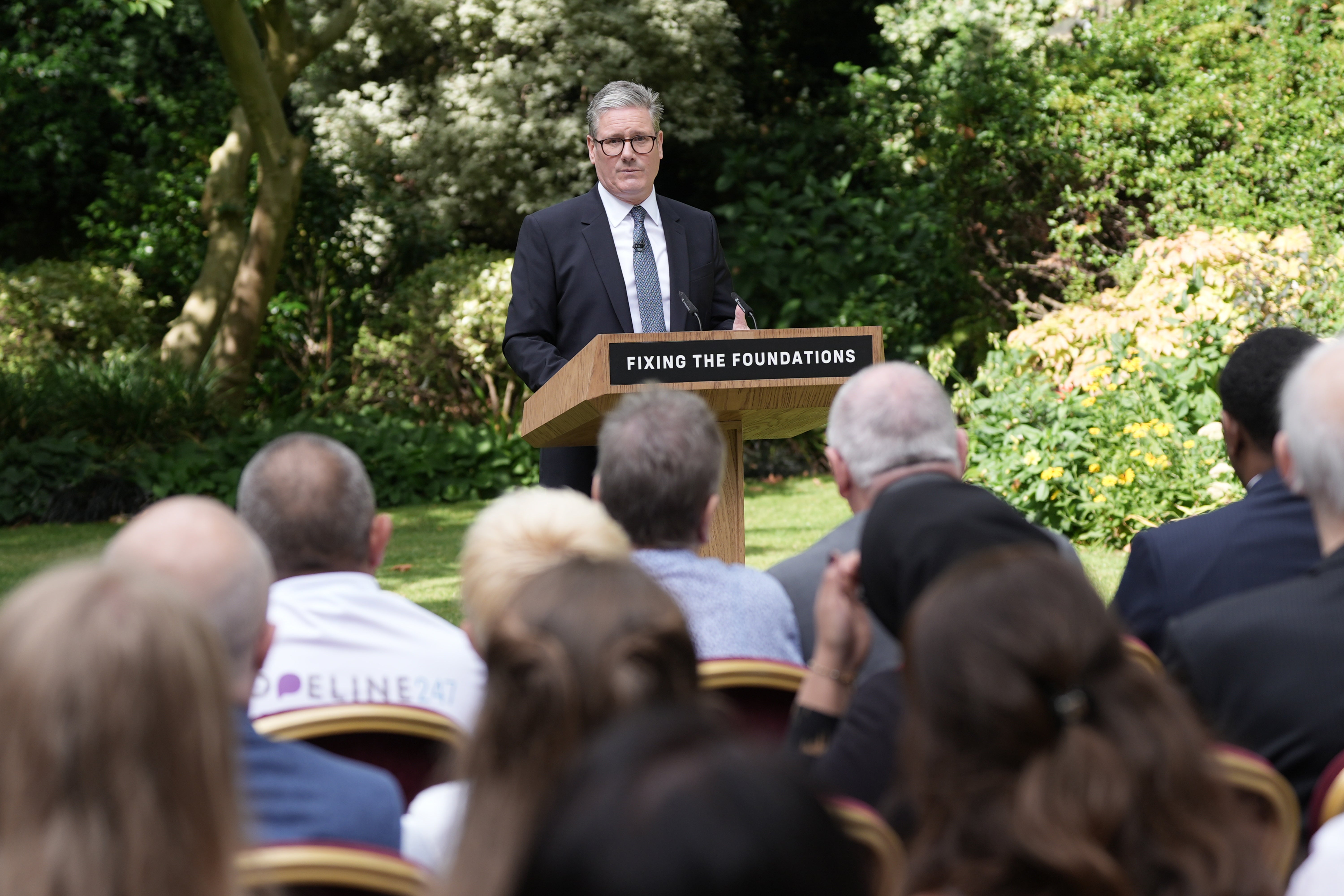
In light of all this, critics say the tightly-budgeted, low-cost Labour manifesto perhaps should have prepared for more surprises. With an absolute commitment to not raising income tax, national insurance or VAT, the party is forced to look at more targeted measures which are less able to raise considerable sums alone.
Ms Reeves has now said voters can expect tax rises in her budget at the end of October, which Sir Keir warns will be “painful”. Experts predict capital gains, pension tax relief, and inheritance tax will all be looked at as Labour attempts to plug its spending shortfall and “fix the foundations” of the country.
“The sense of the whole system isn’t working for ordinary people” says Luke Tryl, executive director of the More in Common research group. “You can’t get a doctor’s appointment, you can’t afford the cost of a weekly shop without having to put stuff back.”
“It’s a fairly miserable public mood, and I think the danger with their current strategy is they risk enforcing that.”
The fight for public opinion
It is against this backdrop that Labour’s approval has dropped to a new low. Recent opinion polling by BMG Research shows that the party is on 30 percent, the lowest since September 2021 and only four points ahead of the Conservatives.
The election was truly a decisive parliamentary victory for Labour, winning 411 seats and a majority of 174. This is the largest since Tony Blair’s secured the party a 178-seat majority in the 1997 landslide.
However, less convincing is the vote share behind the massive victory. Sir Keir’s Labour secured 9,708,716 votes, representing 33.7 percent of the vote to the Tories 23.7. However, this won them 63.2 of seats, with the result being the least representative in British history. Most strikingly, the Conservatives and Reform UK combined secured over a million more votes than Labour.
This has given the party a unique challenge says Mr Tryl, as it tries to win over the electorate by repeating the 2010 Conservative strategy of blaming the previous government for the hard decisions: “Voters splintered in all sorts of different directions,” he says.
“They have other places they can go […] and that’s why I think trying to repeat that playbook is somewhat of a mistake.”
Still in the early days of his premiership, time is firmly on Sir Keir’s side. The party has navigated some major challenges and seen some successes, including reaching a much-needed pay deal with public sector workers.
But with voter approval reaching new lows as the prime minister promises more gloom to come, many have been left wondering when, or if, things really will start to get better.






